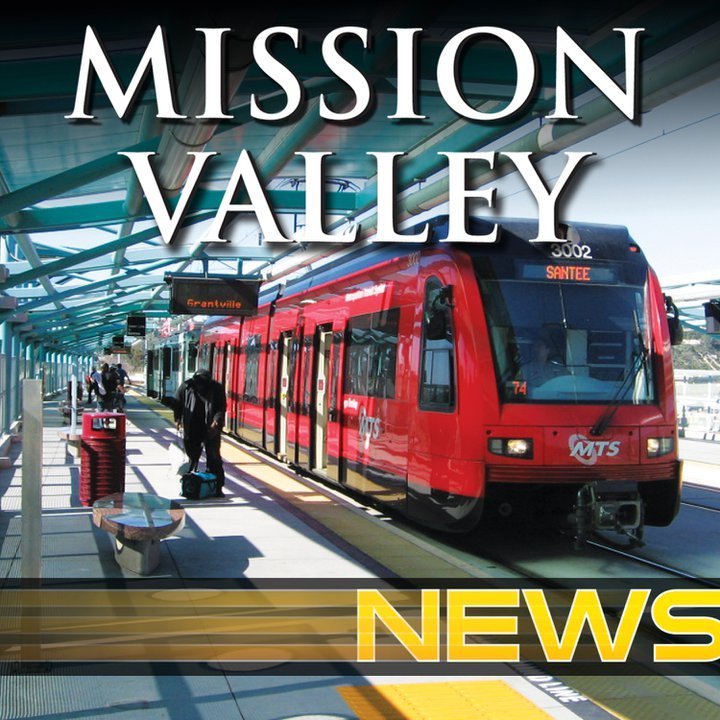WHO: Assemblymember Nathan Fletcher, Assistant Assembly Minority Leader; Supervisor Dianne Jacob, Second District, County of San Diego; Nikki Junker, Human Trafficking Survivor; Brian Marvel, President of the San Diego Police Officers Association; Chris Kelly, Founder of the Safer California Foundation and former Facebook Chief Privacy Officer; Daphne Phung, Founder of California Against Slavery; Laura McLean, STARS Coordinator, San Diego Youth Services; and Rev. Wayne Riggs, Pastor, Plymouth Congregational Church.
WHAT: Community leaders, law enforcement, human trafficking survivors, and advocates will gather at the San Diego campaign kick-off to gather signatures for the Californians Against Sexual Exploitation Act (CASE Act). Slated for the November 2012 ballot once qualified, the CASE Act will update California's laws to confront the growing and underreported problem of human trafficking within the state.
California is a major center for domestic sex trafficking crimes against American women and girls and includes three of the thirteen areas that the FBI has identified as high-intensity child sex trafficking regions in the nation - San Diego, Los Angeles and San Francisco. But California's current laws do not provide law enforcement with tools needed to confront the problem. In a recent national report, the state received an "F" grade on laws to protect children against sex trafficking.
WHERE: San Diego Youth Services Boardroom, 3255 Wing Street, San Diego, CA 92110
Since 1970, San Diego Youth Services has helped stabilize the lives of more than a half-million young people and their families. They work to fight the tragedies of homeless youth and youth in crisis and administer programs from fourteen locations throughout San Diego County.
WHEN: Wednesday, February 8, 2012 at 2:00 p.m.
MORE DETAILS: The CASE Act, a partnership of California Against Slavery and the Safer California Foundation, aims to strengthen laws against human traffickers and improve Megan's Law against online predators. The CASE Act would:
- Increase prison terms for human traffickers to provide a deterrent and match the severity of the crime
- Increase fines for human traffickers, up to $1.5M to fund victim services
- Remove the need to prove physical force to prosecute sex trafficking of a minor
- Mandate human trafficking training for law enforcement
- Make sex traffickers register as sex offenders
- Require that all sex offenders disclose internet accounts
- Prohibit use of sexual history to impeach or prove criminal liability of trafficked victims
For comprehensive information on the CASE Act, visit .








